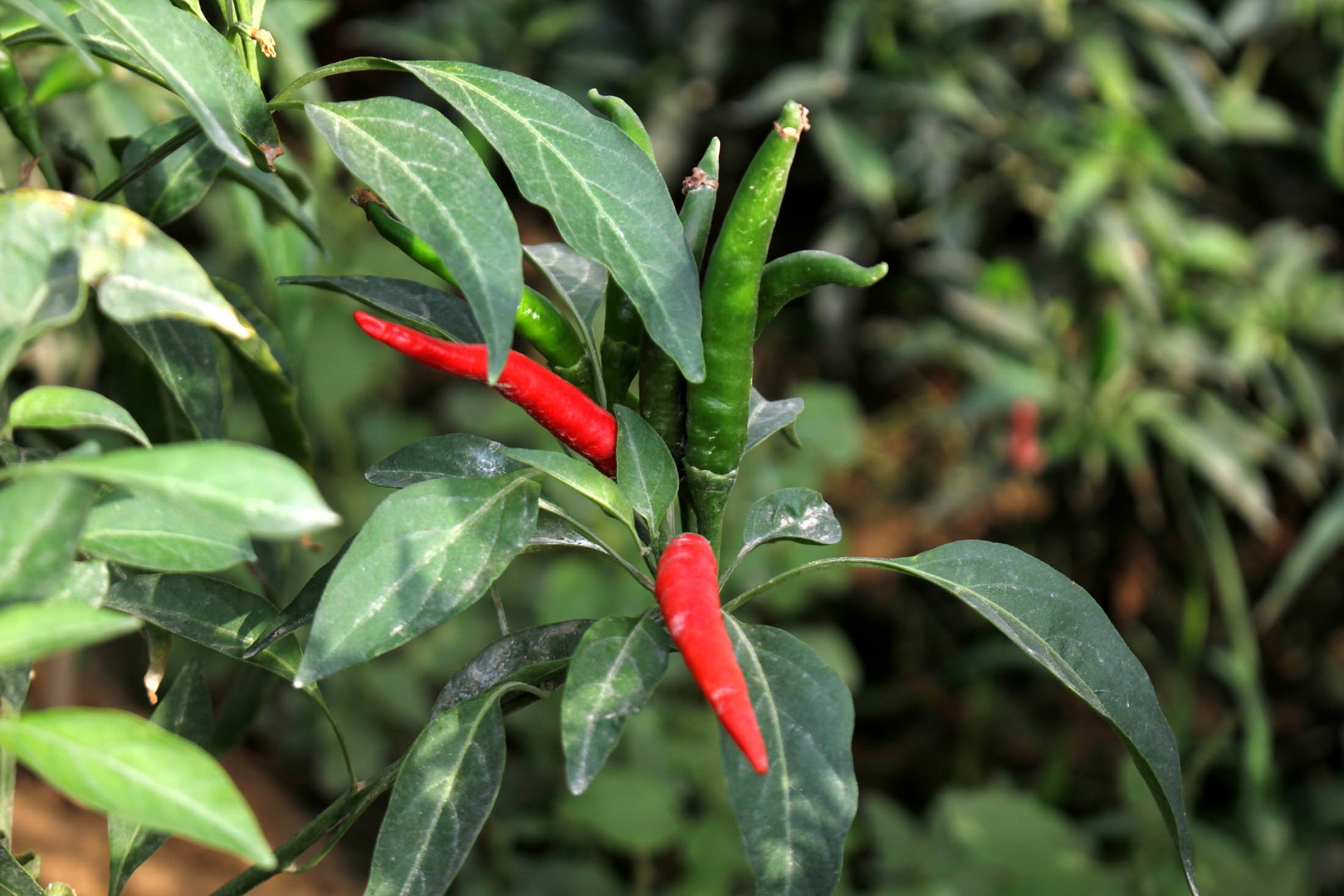Pakistani and Chinese experts discussed potential of agricultural cooperation, especially in chilli farming at a webinar themed “Pakistan Chilli Contract Farming Project Promotion and Inaugural Conference of Pakistan-China Condiment Industry Alliance”.
As per agricultural cooperation, Pakistan Ambassador to China Moin ul Haque said that now a plan of over 20 projects was being implemented to modernize the agriculture sector in Pakistan, including new seeds to increase the crop yield, upgrading of irrigation system, promotion of agro-based industry for value addition and setting up global chain network.
“Cooperation in the agriculture sector would help our two countries ensure food security, improve livelihood, and contribute to the overall social-economic development of our countries,”he added. “As CPEC has entered a new stage of high-quality development, with focus on industrial and agricultural cooperation, the two countries are complementary in agricultural production technology, project management, machinery and tools, and product consumption, which created broad space for practical agricultural cooperation,”Chinese Ambassador to Pakistan Nong Rong said at the webinar.
He praised the chilli farming project, saying it has planted 100 acres of chilli in Punjab in the first half of this year, and plans to grow 3000 acres altogether in the second half of this year by expanding to Khyber Pakhtunkhwa and Sindh Province, according to China Economic Net (CEN).
Nong added that the project is expected to produce more than 8,000 tons of dried chilies with a net income of more than 100,000 rupees per acre for local farmers. Based on this, it will further develop downstream deep processing industries and create more employment opportunities.
As Chen Li, GM of Litong Food Group introduced, in Phase I of the Pakistan Chilli Contract Farming Project, China-Pakistan Agricultural Cooperation Pilot Zone is to be set up in 5 years, while in its Phase II, it is expected to grow 30,000 acres of chilli and build pigment extracting plant, with an industrial output value of USD 200 million. Chen added that in Phase III, a China-Pakistan food industrial park is planned to be established in 5 to 10 years, to promote the condiment industry in both countries.
Talking of chili farming in Pakistan, Khurram Javed, Director Marketing of Fatima Group, said while land availability is huge, which brings great potential, adaptability to the local environment, capacity building of local farmers and qualifying yield also pose challenges. The Pakistan-China Condiment Industry Alliance(PCCIA) was also inaugurated by CMEC at the webinar.
Dai Bao, V.GM of CMEC Pakistan, mentioned that modern biological extraction is a promising industry, and Pakistan is an ideal place to cultivate all kinds of spicery crops which could be used as the raw material for the biological extraction industry.
As the modern biological extraction technology and facilities are widely used in chemical, pharmacy, textile, dyeing, cosmetic, food industries, etc. Dai added that the industry enjoys a potential global market of USD 120 billion, with a 300% annually rapid increasing rate. “Thus PCCIA welcomes enterprises and individuals to join the industry,” he said.

















